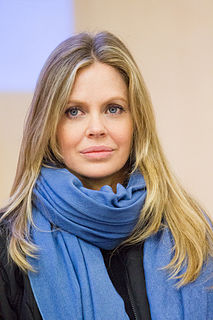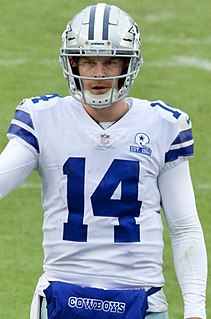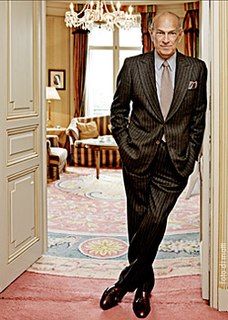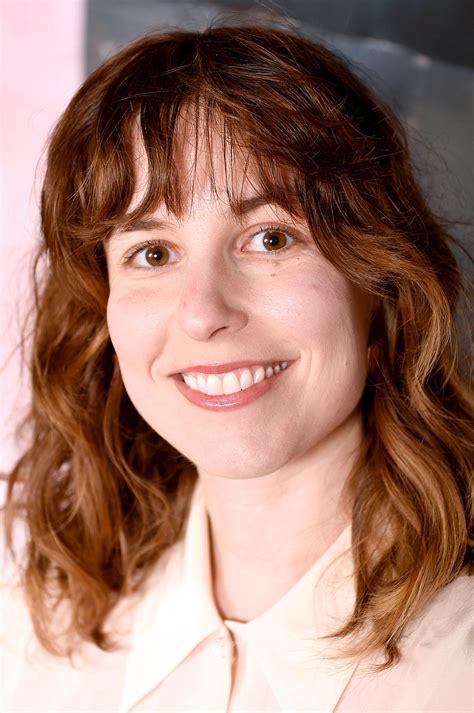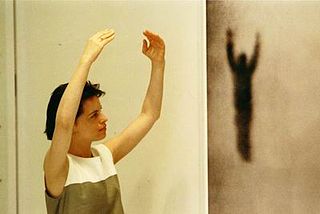A Quote by William Monahan
Dialogue is used to reveal not what we want to say, but what we are trying to hide.
Related Quotes
When I go to the cinema, I want to have a cinematic experience. Some people ignore the sound and you end up seeing something you might see on television and it doesn't explore the form. Sound is the other picture. When you show people a rough cut without the sound mix they are often really surprised. Sound creates a completely new world. With dialogue, people say a lot of things they don't mean. I like dialogue when it's used in a way when the body language says the complete opposite. But I love great dialogue I think expositional dialogue is quite crass and not like real life.
Surfaces reveal so much. The marks painters make reveal so much about their work and themselves; their sense of proportion, line, and rhythm is more telling than their signature. Looking at the surfaces of nature may offer equivalent revelations. What do these shapes and patterns reveal about the world and their creator? Surfaces hide so much.
Today, there is no fashion, really. There are just... choices. Women dress today to reveal their personalities. They used to reveal the designer's personality. Until the 70s, women listened to designers. Now women want to do it their own way. There are no boundaries. And without boundaries, there is no fashion.
We're always trying to avoid being in the darkness, not knowing, and also encountering animals. There's something about them not wanting to be seen; they go out at night, they hide, they don't want to be shown. It's very interesting genetically that they have to hide from us actually. Between themselves, they smell each other, but there is this thing of hiding, of suspicion.







